An essay which offers a welcome respite in thinking about the future of knowledge production and its rootedness in community. Part of "Learning from COVID19: Reflections on knowledge-related commons and practices of self-organization amidst COVID19."
When COVID-19 started becoming more serious and threatening everywhere outside of Italy, I experienced a sense of exceptionality. In fact, as an Italian citizen based in London, on the one hand I was surprised by the incredibly slow response European governments (in particular, the UK government) were giving to the pandemic. On the other, I felt powerless. I was seeing all my friends and classmates hurrying to leave London and go back to either their families or their country. That left me stranded. After just a weekend, I was alone. No classmates, no roommates, no friends. Everyone fled because they could. Unfortunately, I could not. Going back to Italy was not an option as the circumstances were quite scary and the strictness of norms would have forced me to stay in a house too small for my family. Many doubts surrounded me and luckily few days after that weekend a friend of mine told me she was able to host me in Germany. Since I moved to Germany, I have been feeling quite safe in virtue of the fact that I am not part of the vulnerable categories. Sources of personal anxiety or of very high concern are, now, mostly the consequences which the virus has provoked within societies of all over the world. Yet, the feeling of being geographically and psychologically stuck in place which I thought to be home has caused a great distress.
Let us call internal developments of the virus those consequences which would affect one’s physical health. And then, let us call external developments of the virus those consequences which would affect from one’s mental health to the economy. The borders between external and internal developments are fleeting and completely arbitrary. They do not refer any specific guideline released by experts, or a government, or the WHO. These two categories have been sketched from a difference which is fundamental in biology. In fact, when a biologist considers the environment of a gene, she literally means everything which is not a gene. Every other organism, protein, or molecule would be then deemed external to the gene. Same goes for my demarcation between consequences directly caused by COVID-19 and those indirectly caused by COVID-19. The demarcation continues in terms of the responses one can give to such developments. Humans can act on internal ones via vaccine or other medical treatments. Obviously, the research behind an effective vaccine needs the whole scientific endeavour. The external developments, instead, require a variegate pool of actions, such as social choice theory, political theory, scientific modelling, since the fields here considered are very heterogenous.
In order to get a flavour of this incredibly dynamic enterprise, I started putting my energy into the paradigm of community-based researches by simply setting up a WhatsApp group-chat with several friends of mine. Together, we began simulating how the decision making process of policymakers occurs. We thought that this process, however, was flawed because it was mostly pursued by conservative and nationalist positions. We were not critical of what was happening on the level of the internal developments of the virus. Rather, we have been investigating how, given available scientific evidence, a community can make pragmatic decisions which will influence the community itself and its members. So, we positioned ourselves as critical of policies made under neoliberal politics. We started this as a cooperative game. There were no firm role as we believed that maintaining strict characters was part of the mistakes made. Creating a community-based analysis was helpful to account for many of the needs of different individuals. Moreover, we realised that accounting for the disruptions the virus has caused under a pluralist manner was fruitful. The heuristics invoked by the Pan-Africanist sociologist W. E. B. Du Bois, namely the Du Boisian methodological triangulation, was beneficial for us. In fact, we used several methods taken mostly from philosophy, social sciences, art, cultural theory and combined them in order to find better answers, instead of sticking to a monolithic method.
What I believe is that this crisis will change the way we pursue and think of science. A new mode of producing knowledge is appearing and it demands the creative help of every sort of theorist and practitioner. Community-based researches are substituting individualised and conservative forms of knowledge. A collective-oriented approach is showing that right political parties are manipulating data and doing policies which produces more inequality and deaths. Epistemic communities are becoming aware of how science should and must be a dynamic endeavour. Recently, after seeing many attacks on scientists who changed their beliefs in light of new evidence related to external developments of the virus, the evolutionary biologist C. T. Bergstrom tweeted the following:
Here’s the thing. […] In science, it’s not hypocrisy to change your mind based on new evidence. It’s literally the entire purpose of the enterprise. Much of what we believed a month ago we still believe. Some of it we don’t. That’s how science works.
Diversity and an attitude which goes against dogmatism and paternalism are crucial in science and in every other field. Adopting this mindset in our daily routine will be a healthy way out of the quarantine.
“Learning from COVID19: Reflections on knowledge-related commons and practices of self-organization amidst COVID19” is the result of an open call for contributions launched by School of Commons in late April 2020. Shortly after COVID19 put much of the world into lockdown, the contributions form a collection of observations and different practices of learning, self-organisation, and building community amidst a global pandemic. The submitted contributions are varied in form and content, and have not been curated in any way, instead offering space to the diverse experiences and responses of all contributors.
Andrea Giuseppe Ragno
Andrea Ragno is a postgraduate student at the London School of Economics and Political Science.
Art On Demand - Radicalizing Access to Art in Times of Crisis
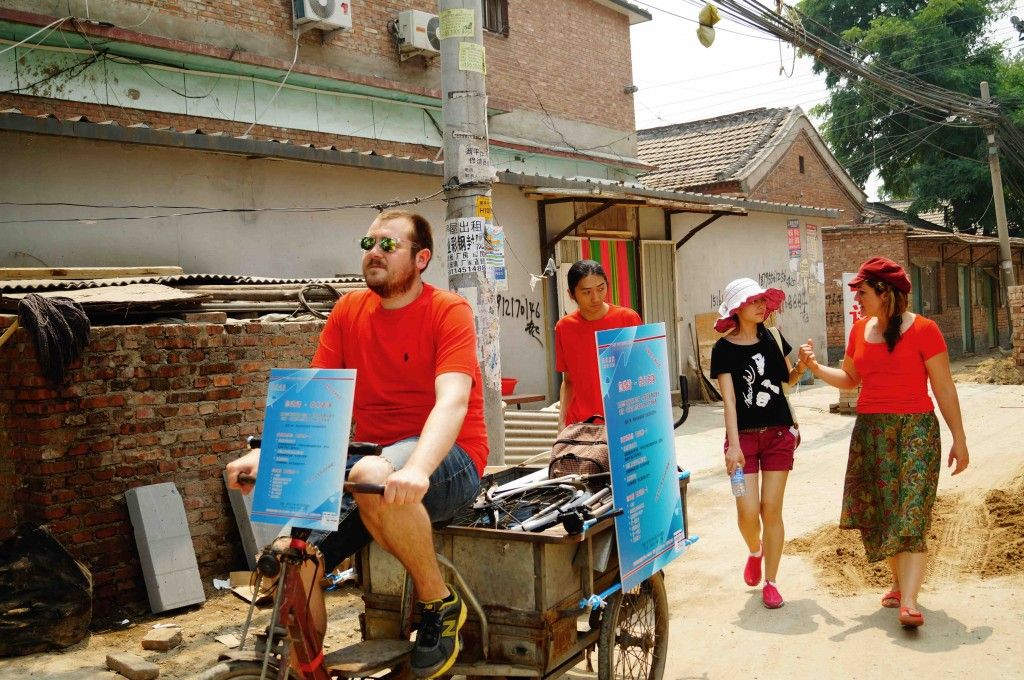
Art On Demand is a collaborative participatory project which creates a platform from and for artists, curators, writers, theorists and audiences to collectively share and experience the creation of and encounter with art. Part of "Learning from COVID19: Reflections on knowledge-related commons and practices of self-organization amidst COVID19." Read more
Prom.run
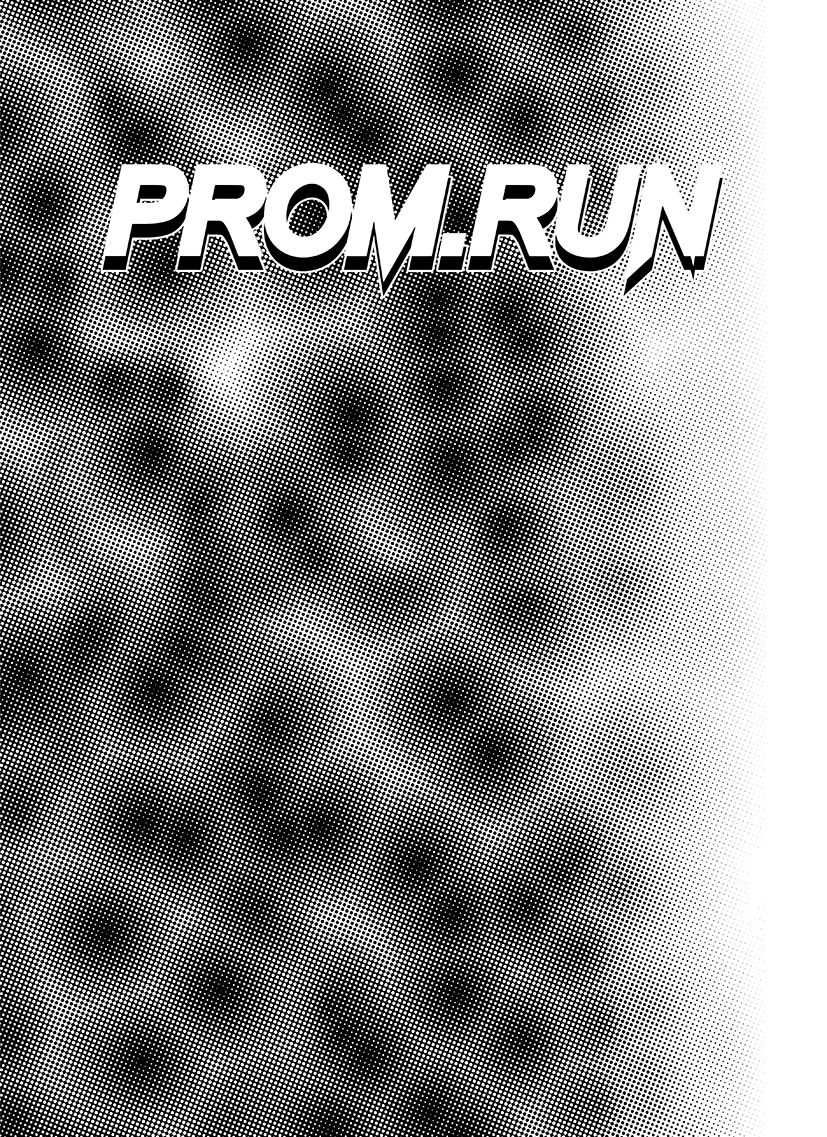
«Prom.run» is the publishing project that consists of a selection of materials that have inspired their practice as an art collective and addresses topics relating to self-organization and knowledge-related commons. Part of "Learning from COVID19: Reflections on knowledge-related commons and practices of self-organization amidst COVID19." Read more
I spat on it to put it back together
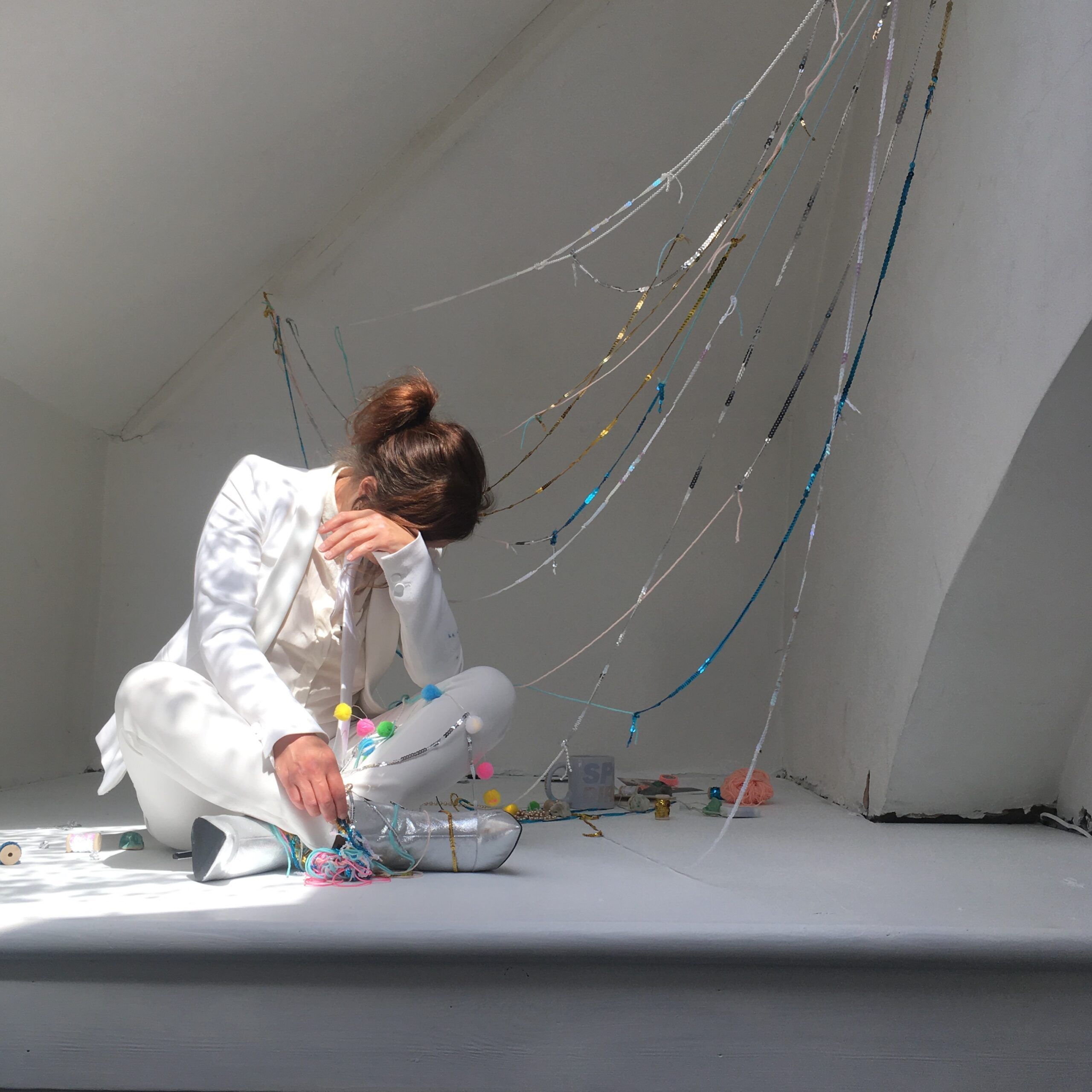
A self-conducted interview which offers insight into Price's practice and reflects upon the ways in which she positions herself both in her work as well as her community during the pandemic. Part of "Learning from COVID19: Reflections on knowledge-related commons and practices of self-organization amidst COVID19." Read more
Bump Galaxy
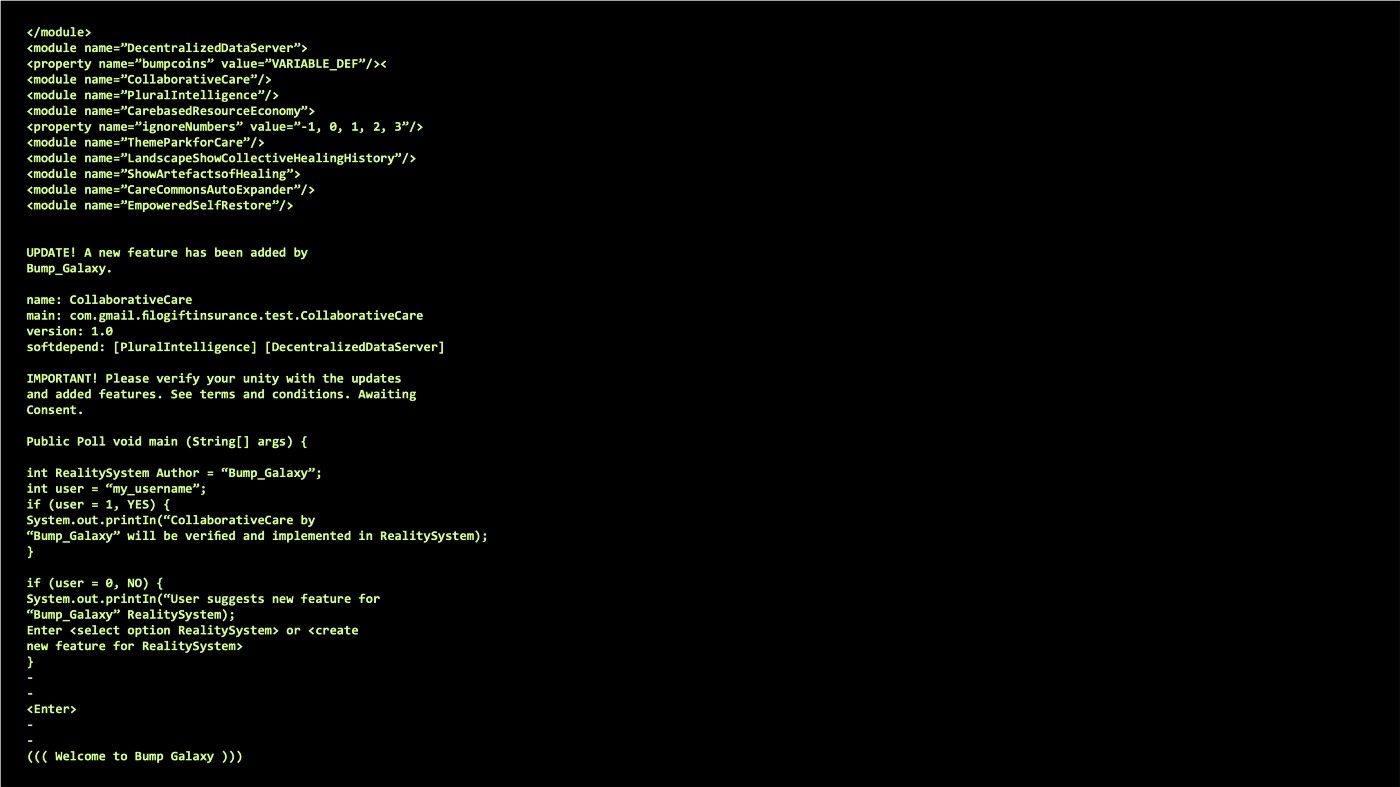
BUMP GALAXY is a virtual world and community for mental health. In it, players can visit several different Care Commons and engage with mental health professionals from around the world. Part of "Learning from COVID19: Reflections on knowledge-related commons and practices of self-organization amidst COVID19." Read more
Somebody

Centering the body without other bodies, Marquedant questions the parameters of being singular. Part of "Learning from COVID19: Reflections on knowledge-related commons and practices of self-organization amidst COVID19." Read more
Cuarentena Volumes I
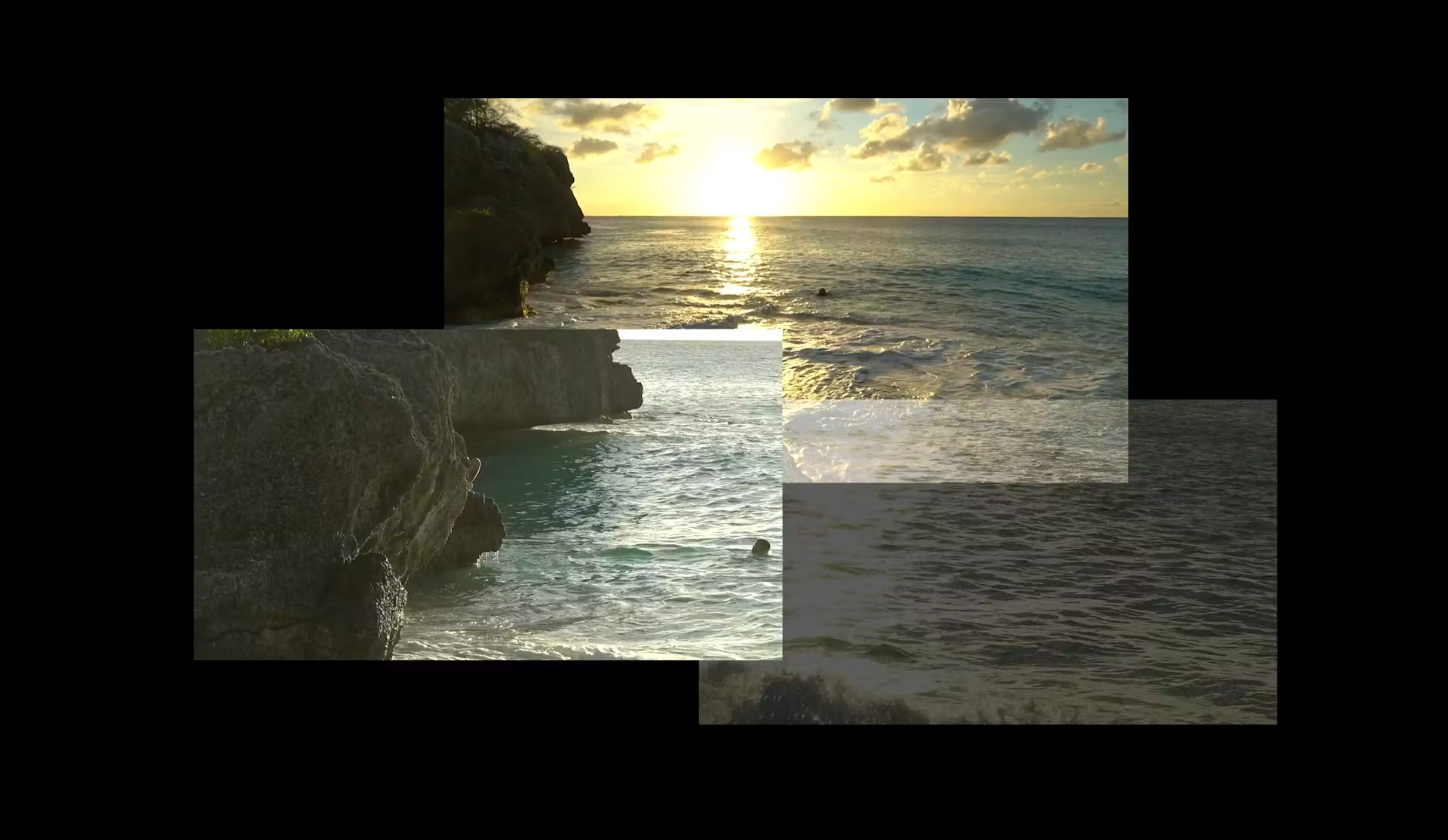
Cuarentena Volumes is abbreviated as cv: “these times might become a dent in the curriculum vitae, allowing to focus on the work itself.” Part of "Learning from COVID19: Reflections on knowledge-related commons and practices of self-organization amidst COVID19." Read more
A Conditional Construction in the Making
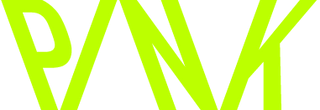
A text reflecting Morrison’s interests in discursive frameworks; performative platforms for critical enquiry; and ways in which we can facilitate and mediate multiple spaces for the generation of knowledge. Part of "Learning from COVID19: Reflections on knowledge-related commons and practices of self-organization amidst COVID19." Read more
GCD Memes
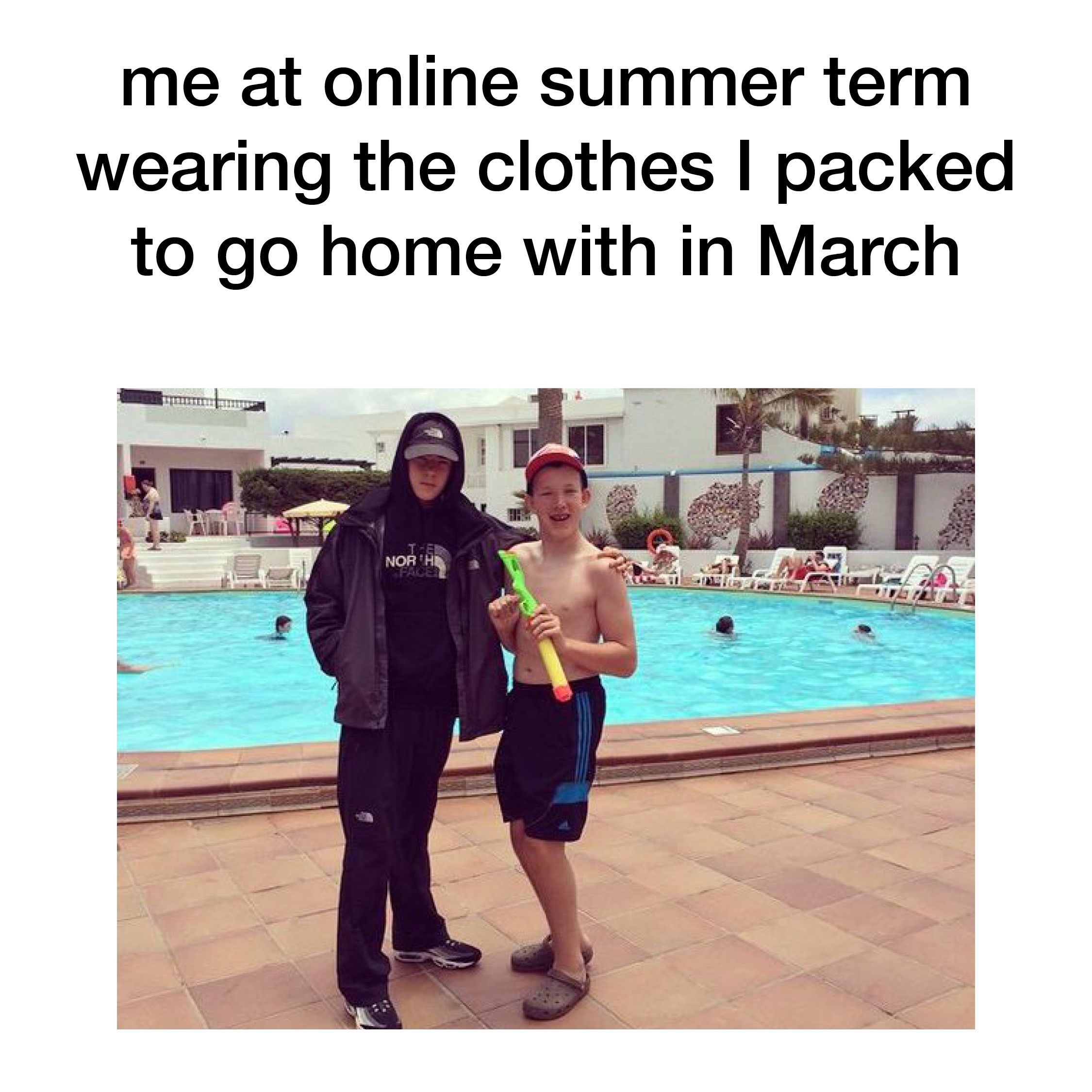
GCD Memes is a rolling body of work that attempts to reflect on the collective experiences of those involved in the GCD course at CSM from the student perspective. Part of "Learning from COVID19: Reflections on knowledge-related commons and practices of self-organization amidst COVID19." Read more
dream#1 2020

This video work is a dreamy, haunting piece that looks at the role our personal stories play in the making of history, as well as the actual political potency of our feelings. Part of 'Learning from COVID19: Reflections on knowledge-related commons and practices of self-organization amidst COVID19.' Read more
The Coffee Commons

This essay reflects upon the divergent responses to and asymmetrical consequences of COVID19 in McBride’s home country, South Africa, and her country of residence, Switzerland. Part of "Learning from COVID19: Reflections on knowledge-related commons and practices of self-organization amidst COVID19." Read more
The Anatomy of DIY-Objects in an Epidemic Infrastructure
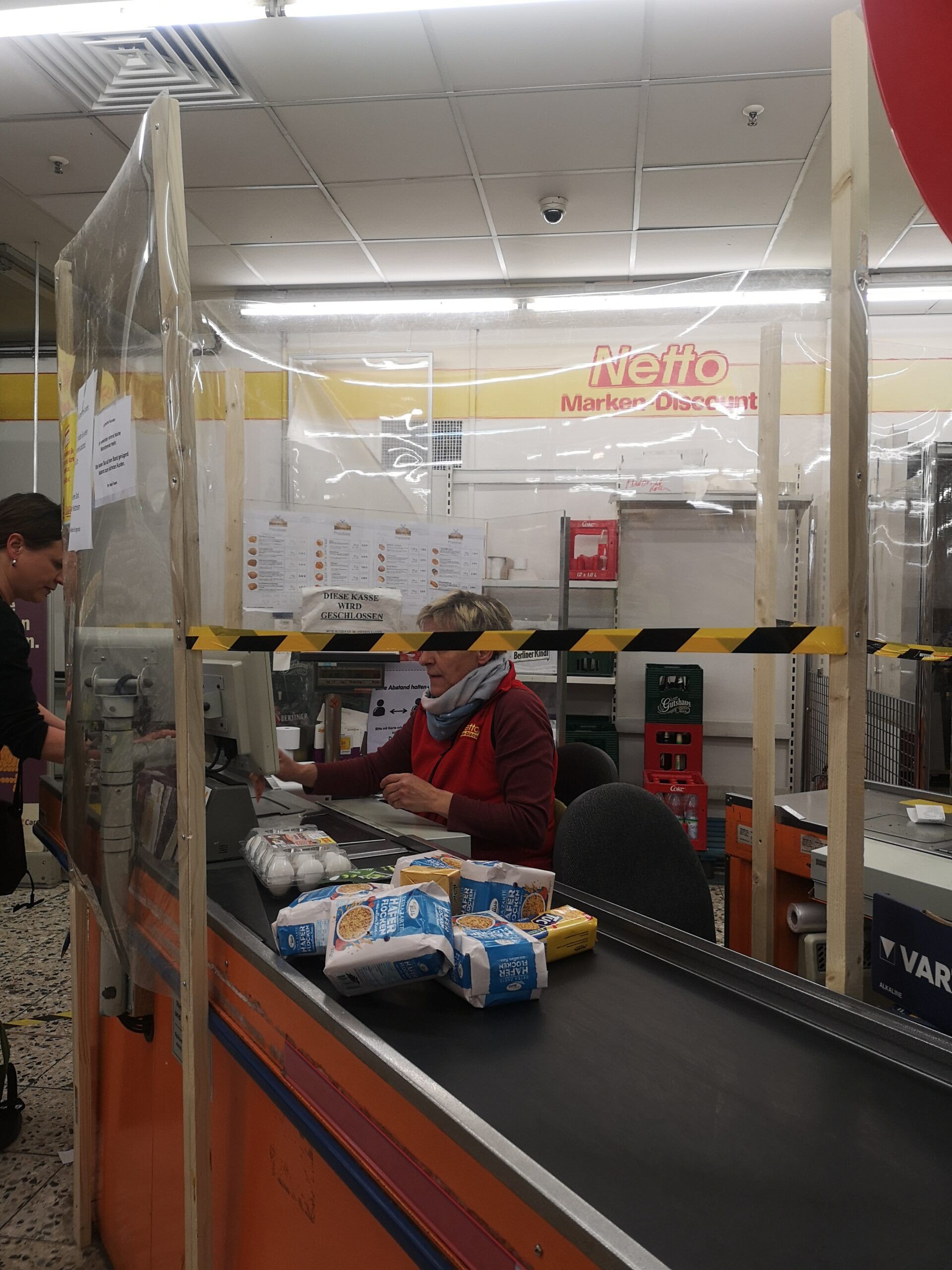
A short visual essay about the DIY infrastructures that pop up amidst a global pandemic. Part of "Learning from COVID19: Reflections on knowledge-related commons and practices of self-organization amidst COVID19." Read more
A three-minute excerpt from springtime 2020
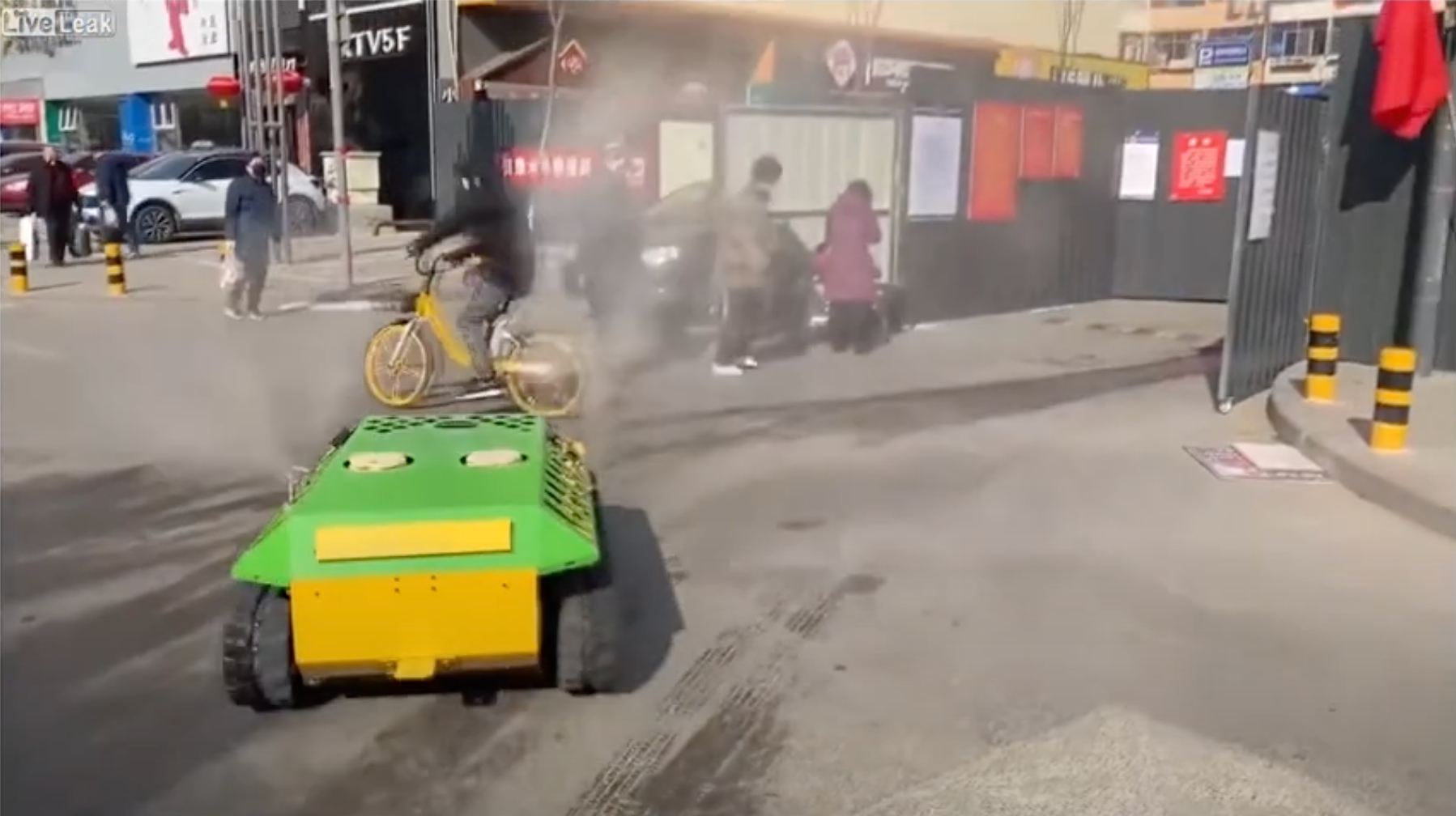
A collection of found footage from the lockdown period. Part of "Learning from COVID19: Reflections on knowledge-related commons and practices of self-organization amidst COVID19." Read more
Kein Strom

A short story, written as a diary entry, describes a lockdown-specific encounter. Part of "Learning from COVID19: Reflections on knowledge-related commons and practices of self-organization amidst COVID19." Read more
Wochenplan
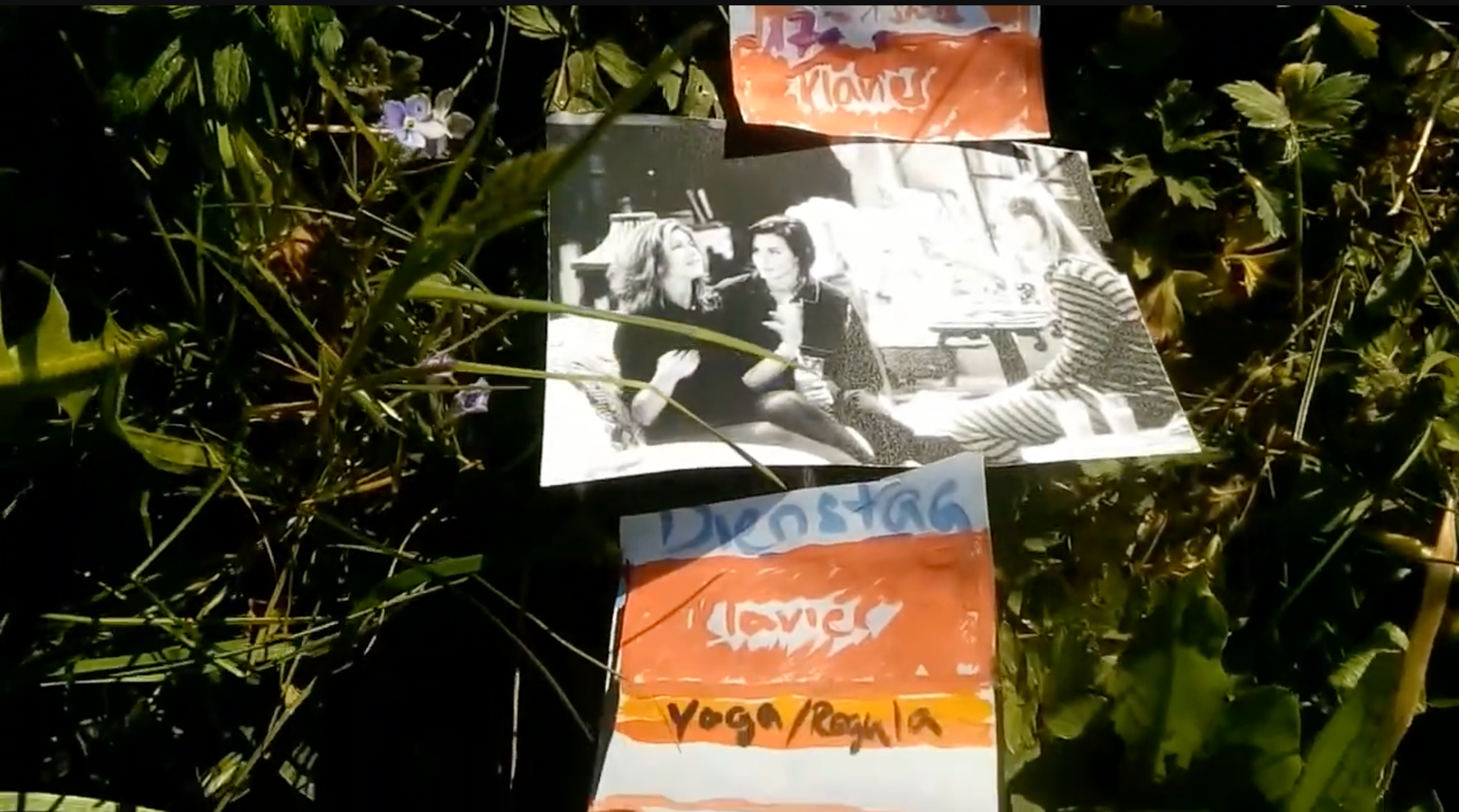
A short video that shows the ways in which Rieger organised her activities into weekly schedules in order to maintain her singing practice as well as her social life. Part of "Learning from COVID19: Reflections on knowledge-related commons and practices of self-organization amidst COVID19." Read more
